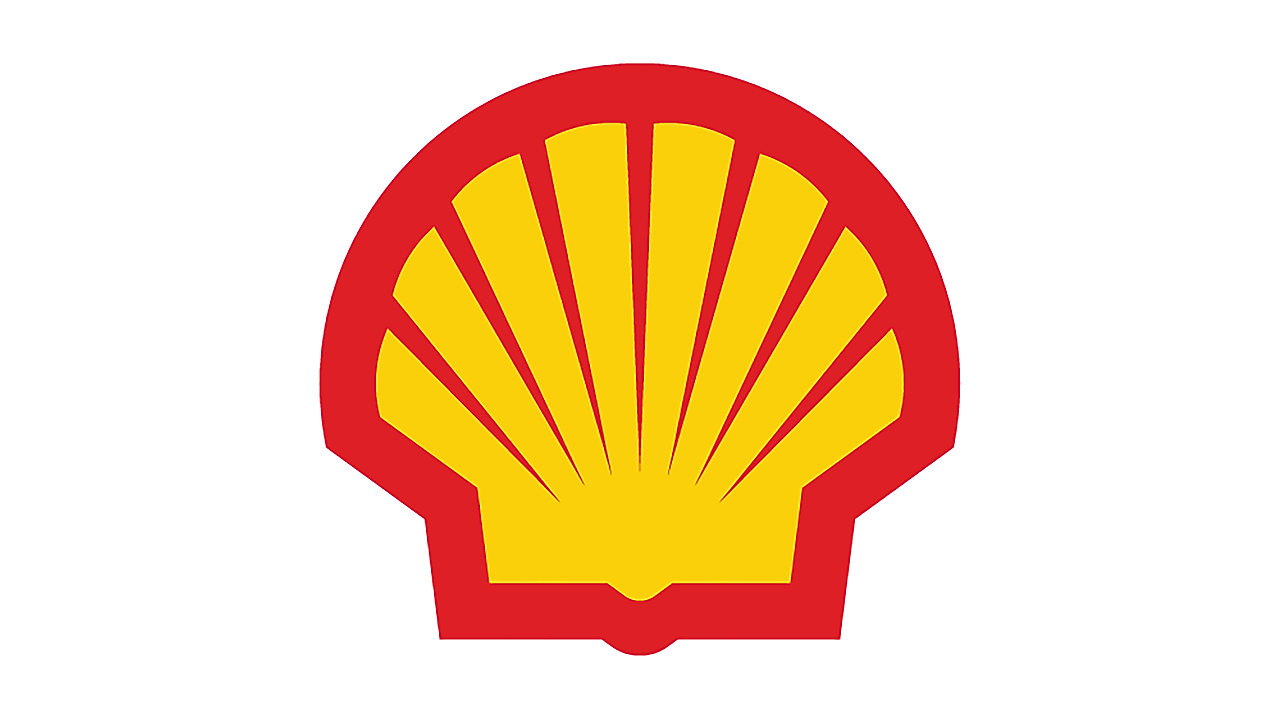
How your driving style can reduce your fuel costs
Want to make the most out of every drop of fuel you pump into your tank? Then follow these simple driving tips.

Want to cut down your fuel bills? Well, you could trade your current ride for something more economical. However, while that might achieve the end goal, there's an easier and much cheaper way to save fuel – changing how you drive.
Automotive studies have long shown a correlation between driving style and fuel economy. In some circumstances, it's possible to use more fuel than needed simply driving the 'wrong' way. To help save money on fuel, simply follow the golden rules below.
Chill out
Accelerating briskly, speeding, braking hard, and generally driving aggressively is the easiest way to make your car consume fuel. A 2017 study by the US Department of Energy's Oak Ridge National Laboratory found driving aggressively could decrease fuel economy by as much as 30 per cent at highway speeds and a whopping 40 per cent in urban stop-and-go traffic. To get the most out of every drop of fuel, drop the aggression, chill out and think 'smooth'. Caress rather than mash the accelerator. Look ahead and use your vision to anticipate the traffic flow, which will not only help you avoid unnecessary acceleration or braking but take advantage of opportunities to coast.
Avoid high speeds
As speeds rise, a car needs more and more of its power to overcome the growing weight of aerodynamic drag. While every car is different, fuel economy generally decreases rapidly beyond around 80km/h. If it is safe to do so, knocking 5-10km/h off your open-road cruising speed can deliver worthwhile fuel-economy savings.
Use cruise control
Slowing down, speeding up and constantly varying your speed on the highway is another way to make your car work harder (i.e. use more fuel) than it has to, so engage cruise control when it's safe to do so. Cruise control isn't always a fuel-saver. Unlike a mindful driver, it's not capable of anticipatory fuel-saving measures such as, say, speeding up down a hill to avoid accelerating up the other side. By and large, though, it does a more consistent job of keeping a car at a constant desired speed – and avoiding unnecessary and wasteful acceleration – than we can.
Avoid idling
A car idling is wasting fuel and many modern vehicles now counter this shortcoming with 'auto start/stop' systems. This technology stops the engine at a standstill before restarting it when you need to take off again, all automatically. If your car has stop/start, use it. If your car doesn't, there are steps you can take to reduce your idle time, from avoiding heavy traffic to buying in rather than using the drive-through. If you're going to be parked for more than a handful of seconds, switch off.
What else can you do?
As well as how you drive, there's plenty else you can do as a car owner to reduce fuel consumption, including:
- Maintaining correct tyre pressure: Rolling resistance is another key contributor to how much fuel a car uses. If your tyres aren't correctly inflated, you could be increasing rolling resistance, so regularly check and maintain your tyres at the manufacturer's recommended settings.
- Ditch the junk: A heavier car needs more energy (i.e. fuel) to get moving, so don't carry around unnecessary items. And don't keep roof racks or boxes on your car when you're not using them – you'll just be increasing aerodynamic drag and your fuel bills for nothing.
- Press the right buttons: Most modern cars have an 'economy' or 'eco' mode for the engine or transmission, or both, allowing you to run them in a mode that prioritises fuel economy. While the potential savings probably aren't significant, the fuel-conscious driver wanting to make the most out of every drop could do worse than engage them.
Disclaimer
Viva Energy Australia Pty Ltd (“Viva Energy”) has compiled the above article for your general information and to use as a general reference. Whilst all reasonable care has been taken by Viva Energy in compiling this article, Viva Energy does not warrant or represent that the information in the article is free from errors or omissions or is suitable for your intended use.
You may also be interested in

By Shell on Sep. 07, 2023

By Shell on May 11, 2023

By Shell on Dec. 11, 2022